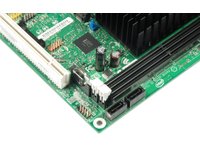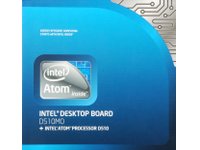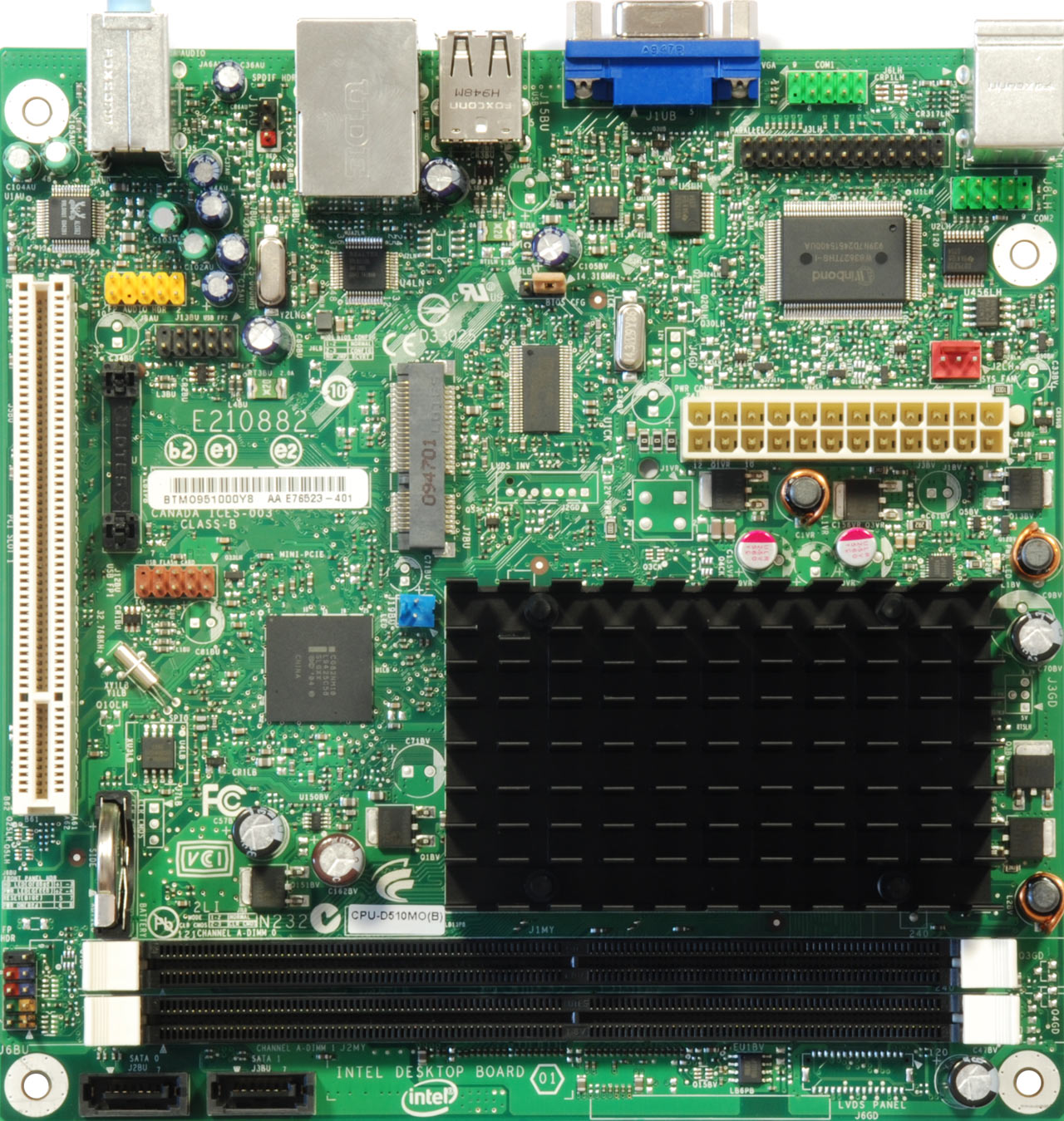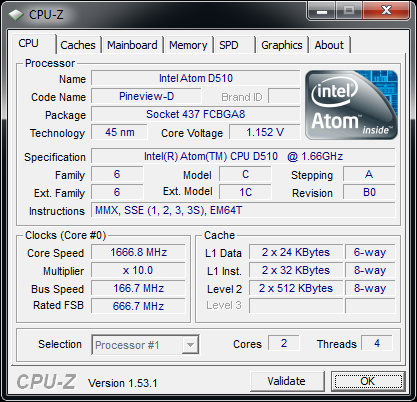Efficiency Analysis: Core i3 Trumps Atom On The Desktop
Atom was designed to be a low-cost, low-power solution, but its value in the desktop space is debatable if you consider performance. We pit the cheapest Core i3 against Intel's Atom on a performance-per-dollar and a per-watt basis to see which is better.
Today: Atom D510 And Intel D510MO
The latest Pinetrail Atom is still based on Intel’s 45 nm manufacturing process, and it runs at similar clock speeds as the Atom 230/330 predecessor (1.66 GHz). The chip now features 1MB of L2 cache, rather than 512KB. However, the Atom D510 now has two cores, and it implements Hyper-Threading, meaning that the operating system can harness four logical cores. The D510 is still designed for embedded solutions, meaning that the CPU can't be upgraded.
TDP has increased from 4W to 13W because the graphics core moved from the chipset into the processor along with the DDR2 memory controller. As a result, the new NM10 chipset specifies only a 15.1W thermal power envelope. Both chips combine to make a 28.1W TDP, which is slightly less than a Diamondville platform on paper. However, in real life, Pinetrail consumes less power by a significant margin.
For more on the Pine Trail platform, check out our launch coverage from December 2009.
The D510MO is an Intel desktop motherboard featuring the new Atom D510 processor. Unfortunately, it's not very well-equipped, either, offering no digital display or audio outputs, or any of Intel’s platform technology features, such as vPro. Still, it’s comparable to the ECS motherboard with Atom 230.
The Intel board provides a PCI slot for expansion cards, a PCI Express Mini Card slot, two DDR2 DIMM slots, four USB 2.0 ports, gigabit Ethernet, and two SATA 3Gb/s ports. Three more USB 2.0 ports are available internally.


Get Tom's Hardware's best news and in-depth reviews, straight to your inbox.
Current page: Today: Atom D510 And Intel D510MO
Prev Page The Predecessor: Atom 230 And ECS 945GCT-D Next Page The Challenger: Core i3-530

